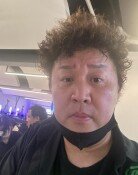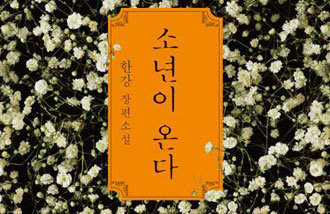Japanese studies course
The "absence of Japan" phenomenon remains in Korea. A case in point is the lack of a Japanese studies department at Seoul National University, the most prestigious and largest university in Korea. This is based on deep-rooted hostility toward Japan and the groundless perception that Korea knows Japan better than any other country. Another misconception is that Japan has nothing deserving scientific study. Seoul National, however, has stepped forward to rectify this by deciding Friday to open a Japanese studies course through the establishment of an East Asian language and civilization department.
Ji Myung-kwan, a pro-Japanese figure and former chair professor at Hallym University, went to Japan for study in 1973. Before going, he thought he had sufficient knowledge of Japan but was surprised over the gap between his knowledge and reality. Truth be told, Koreans know little of Japan. Many Korean intellectuals went to Japan to study around the end of the Joseon Dynasty and when Korea was under Japanese colonial rule, but they focused on learning Western culture through Japan instead of learning about Japan itself. From 1945, when Korea was liberated from Japanese colonial rule, through the 1970s, a small number of Korean students went to Japan for the purpose of finding documents related to Korea. As recently as 1980, Korean students began going to Japan to study the country. This is why Korea lacks people able to understand Japanese documents written from 50 to 100 years ago.
Seoul National had stuck to a policy that it would not open a Japanese studies course unless the University of Tokyo, Japan`s No. 1 university, opened a course on Korea. In 2001, then Seoul National chief Lee Ki-joon and University of Tokyo head Shigehiko Hasumi agreed to establish a department to study each country in each school. Under the agreement, the University of Tokyo increased the number of lecturers teaching the Korean language and Korean studies in its departments of liberal arts and humanities. For its part, Seoul National opened advanced courses on Japanese at its Japan Research Institute and languages department.
The Northeast Asia era centering on Korea, China and Japan has arrived. With China emerging as a rival to the U.S., the three Northeast Asian countries, which have been close but distant in relations at the same time, have to seek close cooperation and strive to better understand one another. China`s most prestigious institution of higher learning, Peking University, promoted the Korean language course to an independent department in 2009. Seoul National has followed in China`s footsteps by opening its Japanese studies course. As many as 15 lecturers are teaching the Korean language and Korean studies at the University of Tokyo. Though the three countries in Northeast Asia have many pending things to resolve, including history distortion and territorial disputes, they need strenuous efforts to make progress in other areas.
Editorial Writer Song Pyeong-in (pisong@donga.com)
Headline News
- National Assembly to investigate Corp. Chae's line-of-duty death
- Samsung donates 50 billion won to year-end community fund
- A trainee doctor becomes the target of collective harassment
- Putin approves Russia’s largest-ever defense budget
- Companies race to build key connections with the Trump administration







